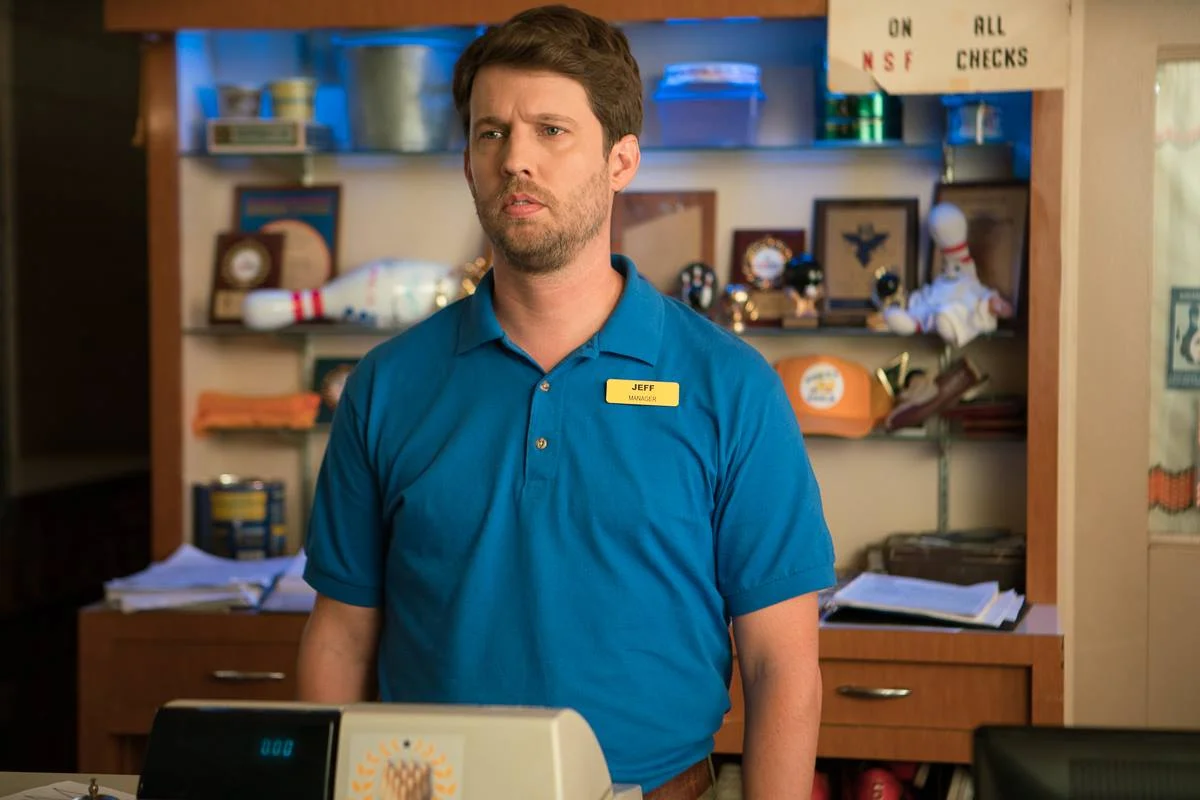Peter Hutchings’ comedy Then Came You presents romance entangled by terminal illness. That topic seeped in gallows humor is far from new territory, meaning this is not a very deep film. Then Came You doesn’t have to be a message-thumping torchbearer for anything. Instead, it is squarely comfortable with its pile of pluck and parade of quirks. There’s a place for an easy film like this. Why? Look no further than those qualities of personality and earnestness. Everything difficult and rough is softened by cheeky and easy charm.
Read MoreThe poster for the Mexican remake Perfectos Desconocidos glows with affluence. We see a richly appointed dinner party scene flush with refinement from edge to edge across fashions, place settings, and the flowing wine. What intentionally glows the brightest on the poster is the statement “We all have a secret life.” It symbolically shows materialistic beauty undone by the blunt intrusion of technology. Thematically, that tagline statement is the lightning bolt of tension that charges this entire film.
Read MoreNot only has writer-director Kendall Goldberg fleshed out this excellent main character, she guides it through this plot with a matching sense imagination and earnestness. The nuances win in a story where heart and pragmatic approachability outshine any need for shock value and raunch. The smart and spot-on tonal mix of such simplicities deserve to be appreciated.
Read MoreWithin in the 98 minutes of Silencio, this little dual-language flick accomplishes what few high concept indie films have been able to achieve with their wildly audacious ideas. It builds a bridge, not a wide and sturdy one, mind you, but a successful structure nonetheless, from the nonsensical to the profound. That is a normally a huge canyon of belief and consideration to cross.
Read MoreThe overarching challenge remains making romance out of a villain, enough to soften the depravity of the historical truth. Matching Vallejo’s own findings, Loving Pablo defines that Escobar’s darkness cannot be diluted, making much of this film a difficult and treacherous viewing experience. To its great credit, the merciless edge of Loving Pablo rejects forced cinematic sugar-coating overused in other crime films to romanticize its leviathans.
Read MoreSerenading and soul-bearing for two stout hours, Ethan Hawke’s third directorial effort personifies the quintessential plight of the “starving artist.” Whether they carry a paintbrush or a guitar, these will-they-or-won’t-they tales stir hope and anticipation as nearly irresistible cinematic story material. Real or fictitious, we want to see the Vincent van Goghs, Llewyn Davises, and Blaze Foleys find success. Greater than rooting for an ending of stardom, there is whimsical power to be found in simply reaching emotional fulfillment.
Read MoreThe zany bi-product of Cage’s addictive self-indulgence is that we get to see a committed and endowed artist apply his craft in nontraditional places, which is a nice way of saying lesser and lower-budgeted films. The challenge then isn’t on Cage, who is often better than the material he’s given. It’s whether the film can rise to meet his fury and tenacity as a performer. He brings it. Can the film do the same?
Read MoreStepping forward unofficially as a literal and figurative “spiritual sequel,” Unbroken: Path to Redemption corrects that omission. Glowing with effort above its pedigree, the film is an earnest and very commendable exploration into what elevated the former Olympian and POW survivor into a true legend of his “greatest generation.” There is no begrudging this second attempt to make worthy what was tabled as circumstantial.
Read MoreThe phrase “they’re just kids” shouldn’t be the verbalization of a dismissal. Rather, it should be spoken as a moment of pause to reflect on what future positive or negative impact could come from the lifestyle choice being observed. We the Animals, the feature debut of short film director Jeremiah Zagar, lives for those errors and pauses as one of the best independent films of the year.
Read MoreWatching the death-dealing retribution and grudge-settling on display definitely shows the dishonesty part, but you will find nothing easy enough to be called “pickings.” Oozing all kinds of artistic flamboyance and crimson damage, this film is a straight punch to the face that has to swing hard to to knock you out. Like any punch, the hand delivering it stings as much as the cheek that receiving it. Sure enough, Pickings is a punch you’ll take and ask for another.
Read MoreYou will color yourself impressed by the unexpected power of this independent to subvert expectations with such cunning dexterity. No matter if it’s zero budget devil-may-care freedom or a nine-figure open blockbuster checkbook, few movies on any level could ever dream a way this damn good to marry and blend stoic manliness and a whimsical romance on top of the lurid exploits its title advertises. The Man Who Killed Hitler and Then The Bigfoot punches with pulp and grinds gravitas rather than gore.
Read MoreThe looming threat of nuclear war presented within the independent film Sunset thrusts a heavy-hearted ordeal on a small cross-section of everyday people living near New York City. Any blockbuster portending, ticking clocks, or manufactured heroics are decidedly off-screen, Periodic news bulletins keep the score, so to speak, but Sunset stays keenly personal. This is about the people, their homes, and the fitting resolve to stay where one feels is right.
Read More












